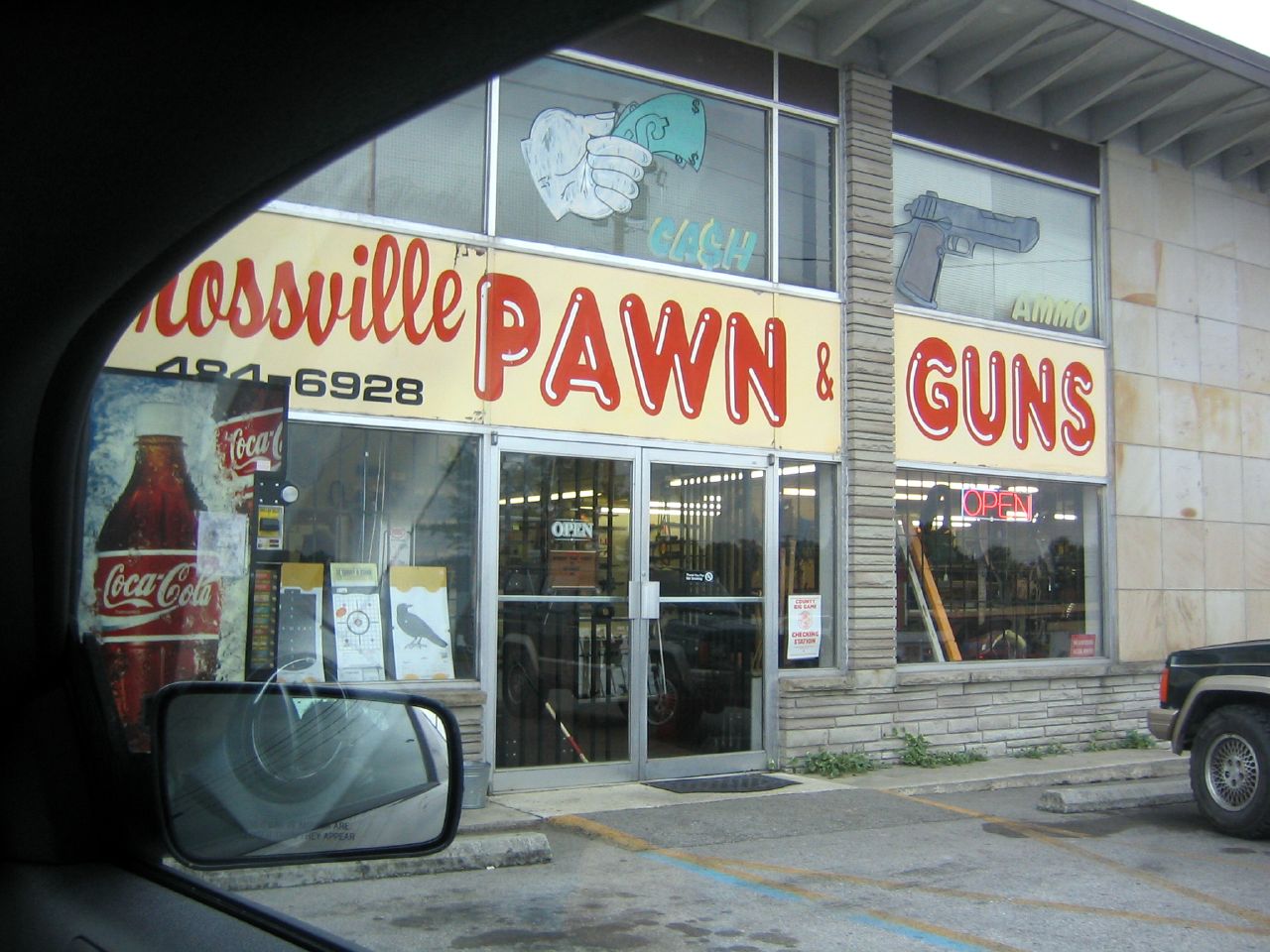A new bill would expand the field of misdemeanor offenders in California subject to a temporary ban on firearms ownership. Notably, the proposal would extend the prohibition to include a number of nonviolent firearm- and ammunition-related offenses.
Since 1990, state law has prohibited individuals who commit violent misdemeanors in the Golden State — such as assault, battery, and threatening a witness — from owning a gun for a period of 10 years from the time of conviction. SB 347, which passed the state Senate in June after its introduction by Democrat Hannah-Beth Jackson, would trigger the ban on a number of new offenses, including dealing handguns without a license, selling ammunition to a person under 21 years of age, supplying ammunition to a prohibited person, bringing ammunition onto school grounds, and petty theft of a firearm. It would also impose the same penalty if an individual were to violate a 10-year ban they had already begun serving, in effect restarting the clock if he or she were not compliant. While many of the misdemeanors can lead to an extended firearms prohibition under current law, the new law mandates the 10-year ban.
“If you’re careless with your guns, irresponsible with your guns, it makes sense that a logical consequence would be a temporary prohibition,” Amanda Wilcox, legislative chair for the Brady Campaign in California, which is backing the new bill, tells The Trace.
Prohibitions for misdemeanors are grounded in research that shows low-level violent offenders are more likely than other groups to commit more serious violent crimes in the future. A 1998 study led by Dr. Garen Wintemute found that “handgun purchasers who had more than one prior conviction for a violent offense were 10 times as likely to be charged with new criminal activity, and 15 times as likely to be charged with murder, rape, robbery, or aggravated assault, as were those with no prior criminal history.” The study also found nonviolent misdemeanor offenders to be at an increased — though substantially lower — risk for later violent offenses.
Nearly all of the new bill’s provisions were included in a 2013 state Senate measure focused on keeping firearms out of the hands of alcohol abusers, who have also been shown to be at increased risk of firearm-related crime and violent crime. When that legislation reached his desk, Gov. Jerry Brown vetoed the measure, saying that he was not persuaded that it is “necessary to prohibit gun ownership on the basis of crimes that are non-felonies, nonviolent, and do not involve misuse of a firearm.” It wasn’t until the following year that gun safety groups and legislators, spurred by a separate change in state law, embarked on a fresh push to qualify nonviolent firearms offenses for the ban.
California’s Proposition 47, passed by voters in a November 2014 referendum, mandated that a number of low-level, nonviolent crimes known colloquially as “wobblers” — treated as either misdemeanors or felonies at a prosecutor’s discretion — be reclassified as misdemeanors only. It was an attempt by the legislature to curb patterns of harsh sentencing and reduce the state’s bloated prison population. One of those offenses was petty theft of $950 or less, which popped on gun safety groups’ radar for a particular reason: Many handguns cost less than $950.
“Petty theft is the reason we even started with this bill,” says Wilcox. “With that proposition having passed, someone can steal a gun and still not be prohibited [from owning one]. And so we said, okay, they’re a misdemeanor now — that’s what the voters decided — let’s at least add a 10-year prohibition to that offense.”
The National Rifle Association and other gun-rights groups argue that the new bill could criminalize responsible gun owners. “It’s possible that some of these prohibitions could entrap innocent, otherwise lawful gun owners who give or lend firearms or ammunition to relatives without knowing California’s requirements,” reads a post on the website of the gun group’s America’s 1st Freedom magazine. (The NRA and its California legal counsel, C.D. Michel, did not return a request for comment.)
But the bill’s backers point out that it does not create new crimes — it only adds prohibition as a penalty for existing ones — and the data is clear: Nonviolent, misdemeanor firearm offenders, like their violent counterparts, are more likely to commit violent crime and crimes with firearms later on. The California Senate has found that to be sufficient justification for banning these groups from owning guns for a fixed period. It will be up to the California State Assembly and the governor to agree with them if it is to become law. The legislative deadline for having the bill taken up and approved by the lower chamber is September 11, at which point Brown would have a month to sign or veto it.
[Photo: Flickr user Jeff’s Canon]

